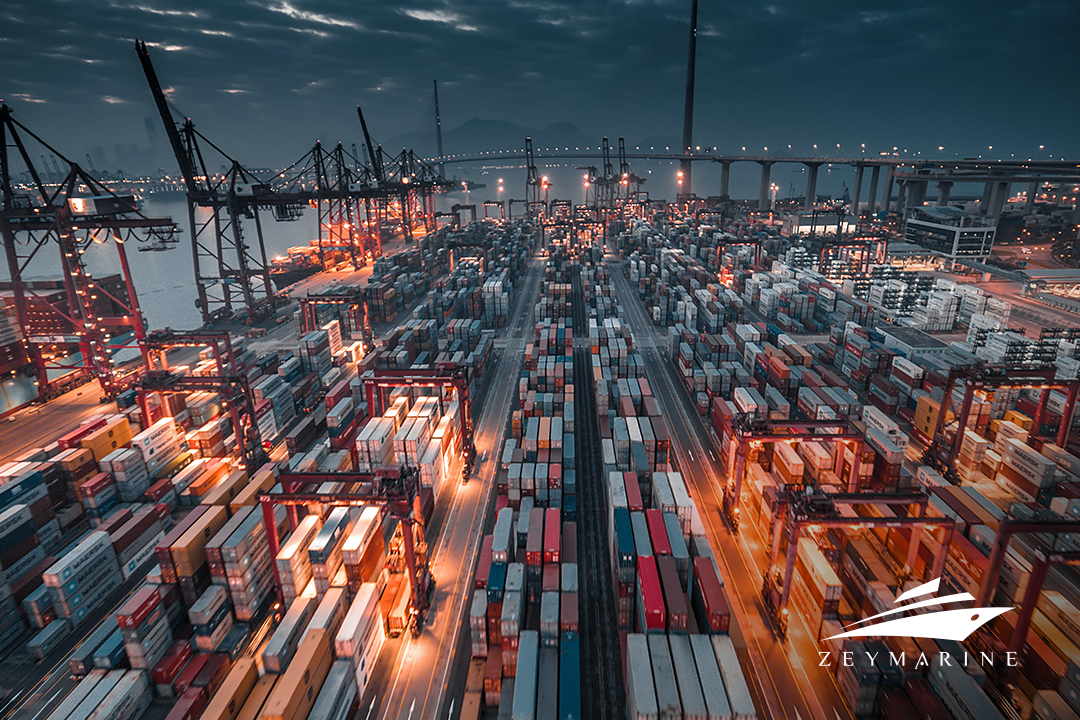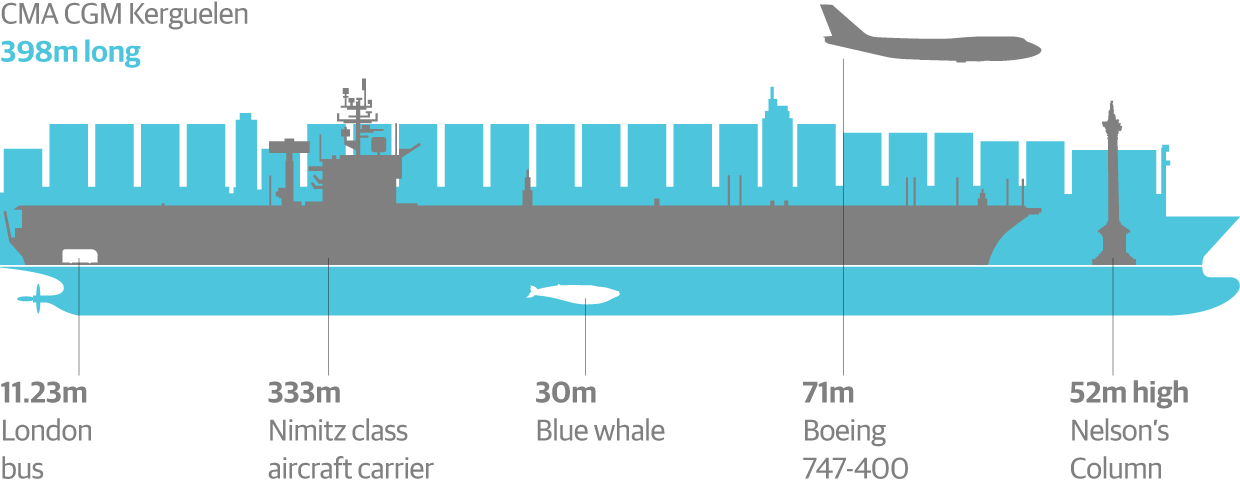Close your eyes and imagine a different world. A scenario without the possibility of maritime shipping. Maybe, a lack of sufficient volcanic clouds raining for years or comets not arriving on the planet Earth hindered the creation of the blue planet. Or perhaps nature was on our side yet our civilization could not make it through. We could not cope with oceans and never found a way to cross them. Under all circumstances, imagine a world where there is no way for maritime shipping. Can we still survive in that dystopia?
Invisible Hero: Maritime Shipping
For the most part, it is hard to see maritime shipping news on mainstream media if there is no accident or major shortcomings. Seen as an integral and invariable factor for human activities, perhaps maritime shipping can be normal as sunrise. We know that every night would end and the sun rises again. Just like every day, the shipping industry process in exhaustedly.
90% of all global trade is, in fact, carried out by merchant ships. By transportation of harvest commodities, brand-new cars, cellphones, computers and also raw materials, shipping all have an impact. In short, conceivably all products go from one place to another by ships every day. The ship is the artery whereas the world is the heart. It supports supplies and preserves the flow of daily requirements.
Consequently, marine transportation is vital. Without these voyages, half of the world’s population might go malnourished, whereas the other half might very well succumb to the cold due to the lack of energy transportation. Our homes might only have brick quarters, the local papers, old-school devices and local food. Humanity needs these thriving containers. Without any doubt, the driving force behind globalization is shipping.
Can Planes and Trucks Save Us?
As we mentioned before, not 100% of shipping is based on maritime. Nearly 10% of the shipping happens thanks to cargo planes and trucks. In our fictional world where there is no maritime shipping then you can think that airway and highway shipping could be a redeemer.
In terms of capacity, no rivalry exists between maritime shipping and air freight. Inherently, a ship can carry far more than an aircraft. Compare one of the world’s largest ships, the OOCL Hong Kong, with the largest cargo plane in the world, the Antonov An-225 Mriya, which can deliver up to 250 tons of cargo (20 containers). We can anticipate that the OOCL Hong Kong can transport up to 462,521 tons of cargo because the maximum amount of cargo per TEU is around 21,600 kilos. The capacity gap between them is almost 40 Eiffel Towers. As the image from The Guardian below indicates, the length of the once-largest cargo vessel is much longer than one of the longest Boeing designs.
If you contemplate the daily requirement for product shipment, even multiplying the number of cargo flights could not be effective enough. But more crucially, expanding the fleet potentially complicates matters and unfavourably has an ecological impact.
Companies are making the decision to change their processes to be more sustainable as eco-friendliness becomes more popular and also regulations increase. Despite significant technological developments, air freight remains to have a greater environmental footprint than ocean freight since it produces far more CO2 than shipping goods by sea.
In comparison to a modern container ship, which generates 15 grams of CO2 per kilometer, a B747 plane generates approximately 500 grams of CO2 for every kilometer it flies. Sea freight is a viable alternative if your cargo is heavy, non-perishable, and/or non-urgent and you’re attempting to lower your company’s carbon footprint.
The cost would also be considerably higher if there wasn’t any maritime shipping.
Cost is generally the determining factor when deciding between air and marine shipping. Air freight is often the fastest but most expensive choice. Reliability is crucial when carrying perishables like cut flowers or fresh fish. A few weeks at sea would result in goods that were well past their expiration dates. It should go without saying that air freight is the best option in this situation. What if your products aren’t perishable, though?
It can be a little more difficult to determine the pricing differential between air freight and sea freight because it mostly depends on the cargo you’re shipping. The price difference between the two methods is less significant the lighter your shipment is (aeroplane capacity is typically limited by weight and sea freight capacity by volume). Transporting by ship is more economical the heavier your cargo is.
Some of the most crucial items and bulk cargo such as grains, coal, ore, steel coils, and cement or liquids or gasses can only be stored in ships.
To make the industry more advanced, sustainable, and environmentally friendly is our duty because life without maritime shipping is almost impossible to survive.








